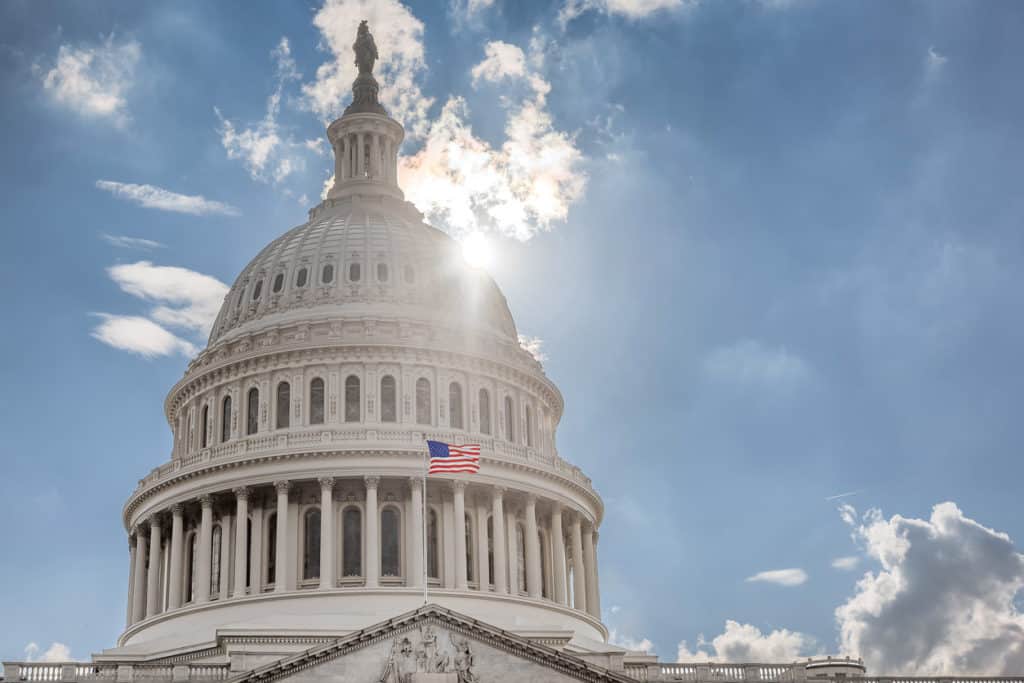On February 23, Representative Gerald Connolly (D-VA) introduced the Merit Systems Protection Board Empowerment Act of 2021. The bill, which is endorsed by the National Whistleblower Center, reauthorizes the Merit Systems Protection Board (MSPB) through 2026. It also requires administrative judges and other MSPB officials to undergo whistleblower engagement training and expands the Board’s research and study authority.
Representative Connolly, the Chairman of the Subcommittee on Government Operations, introduced the bill during a hearing on “Revitalizing the Federal Workforce.” At the onset of the hearing, Representative Connolly explained that “we want to strengthen whistleblower protections to empower those who see wrongdoing to come forward without fear.”
The MSPB is an independent agency within the federal government that is meant to ensure the integrity of the federal merit systems and protect federal employees from abuses by agency management. The MSPB issues final rulings on whistleblower retaliation cases filed by federal employees under the Whistleblower Protection Act (WPA), the main law protecting federal employee whistleblowers from retaliation. The Merit Systems Protection Board Empowerment Act of 2021 extends the authorization of appropriations needed to run the MSPB for five years beginning in 2021.
Under current legislation, the MSPB is essential in protecting federal employee whistleblowers from retaliation. However, since January 2017, the MSPB has had less than the two members required for a quorum and thus has been unable to rule on a single retaliation case in the previous four years. According to exclusive reporting by WNN, there is currently a backlog of 3118 cases at the MSPB. Of these, 774 are whistleblower retaliation cases sitting in indefinite limbo. While the Merit Systems Protection Board Empowerment Act will ensure the continued existence of the MSPB, it does not address the current crisis at the MSPB which has left the entire system of protections for federal whistleblowers effectively broken.
In addition to reauthorizing the MSPB, the Act allows the MSPB to conduct surveys of federal employees in order to improve operations of the Board. The Act also requires that any administrative judge or other employee tasked with hearing a whistleblower retaliation case must have successfully completed training regarding protections afforded by the WPA. Both of these aspects are meant to ensure that the MSPB better protects whistleblowers.
